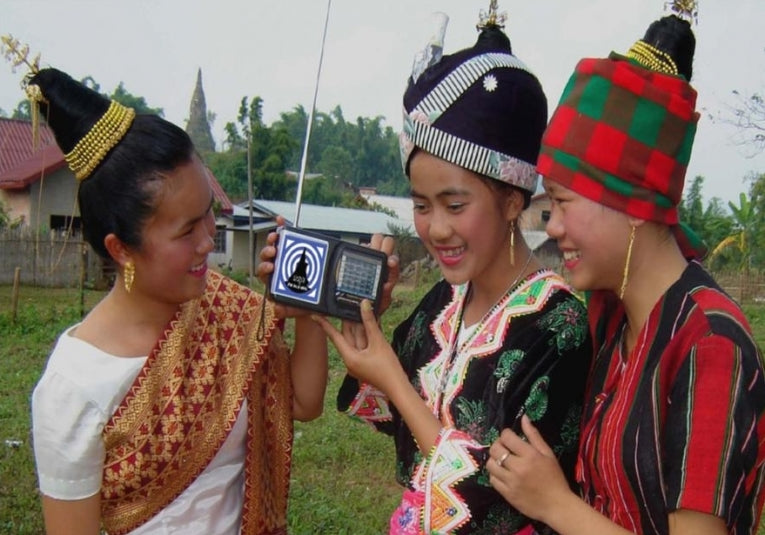Back in December 1994 the General Assembly of the United Nations decided that the period from 1995 to 2004 was to be the Decade of the World's Indigenous People and that each year 9th August would be set aside as a special day of celebration.
In 2004 the Assembly proclaimed a Second International Decade from 2005 to 2015, with the theme "A Decade for Action and Dignity". On 13th September 2007 the UN formally adopted its Declaration on the Rights of Indigenous People.
The focus for the 2012 International Day is "Indigenous Media, Empowering Indigenous Voices" and the aim this year is to encompass the role of the media in supporting models of the development of indigenous people that are in accordance with their own priorities, cultures and values.
In particular the theme will highlight how traditional and new media can enable indigenous people to promote their cultures and languages, and transmit their knowledge and views in a way that is often different from mainstream ideas.
As the Director General of UNESCO (United Nations Educational, Scientific and Cultural Organisation) put it, "The media are a key to unlock the visions of indigenous peoples of sustainable development. We must harness this power of sustainable development for all."
The power of the media is widely acknowledged; particularly in the way that it can shape the lives of individuals and communities. Media, and communication in general, are key to the raising of awareness of indigenous knowledge, culture and values that can lead to more effective policies and actions.
UNESCO has always favoured a people-centred approach by stimulating awareness, involvement and the capabilities of people and communities to enable them to make their own decisions concerning their lives, leading to the creation of new opportunities for social change.
Use of the media enables the easy adoption of appropriate training that can reach out to other communities, government and non-government institutions, and decision-makers.
Since 2000, through the International Programme for the Development of Communication, UNESCO has funded at least 27 media projects to benefit indigenous people. These have included the purchase of radio equipment and training for a range of skills that range from production, running interviews, financing the station and ensuring its long-term sustainability.
Community radio is a key means of providing outreach for increased access to education, self-expression and communication, particularly to rural and remote populations. Such initiatives facilitate the transmission of new ideas and practices, as well as improving traditional skills and acquiring new ones.
Communication and the media also has the effect of promoting changes in attitudes and social behaviour. Stereotyped portrayals are challenged and established patterns of representation can be transformed. Indigenous communities and indigenous women suddenly find that they are able to identify sustainable opportunities and make themselves heard.
As the debate on global change has taken on a greater prominence, the voices of indigenous people have largely been ignored, in spite of the fact that large numbers of them are on the frontlines of climate change. UNESCO helped to set up a grassroots online forum, Climate Frontlines, that now reaches 50,000 people worldwide.
This is an excellent example of the way that indigenous media can facilitate development by encouraging dialogue and debate. Indigenous people at last have a chance to articulate their own development agendas.
New information and communication technologies have dramatically enhanced access to quality education, science and culture. There has been a transformation in the way that we share, preserve and transmit knowledge and languages. The one danger is that this rapid development can create new divides and UNESCO is committed to build inclusive knowledge societies for the future.
In his message for the 2012 International Day, UN Secretary General Ban Ki-Moon applauded the way that communities and individuals have been able to take advantage of traditional and new media to reach out, tell their stories and make themselves heard.
Ban Ki-Moon concluded: "Let us use the media - indigenous and non-indigenous, and especially new outlets - to create bridges and establish a truly intercultural world where diversity is celebrated; a world where different cultures not only coexist but value each other for their contributions and potential." - Tweet #UNIndigenousDay










